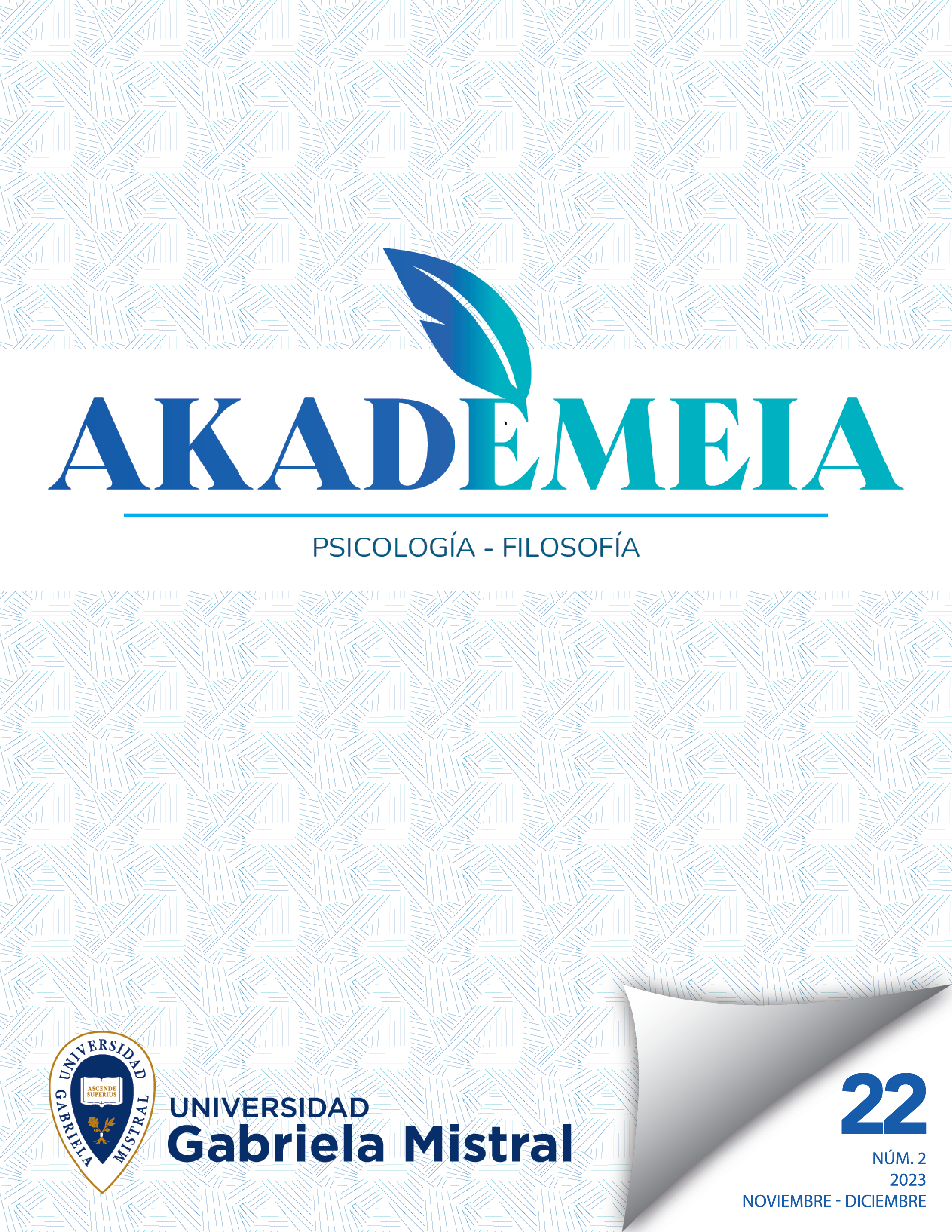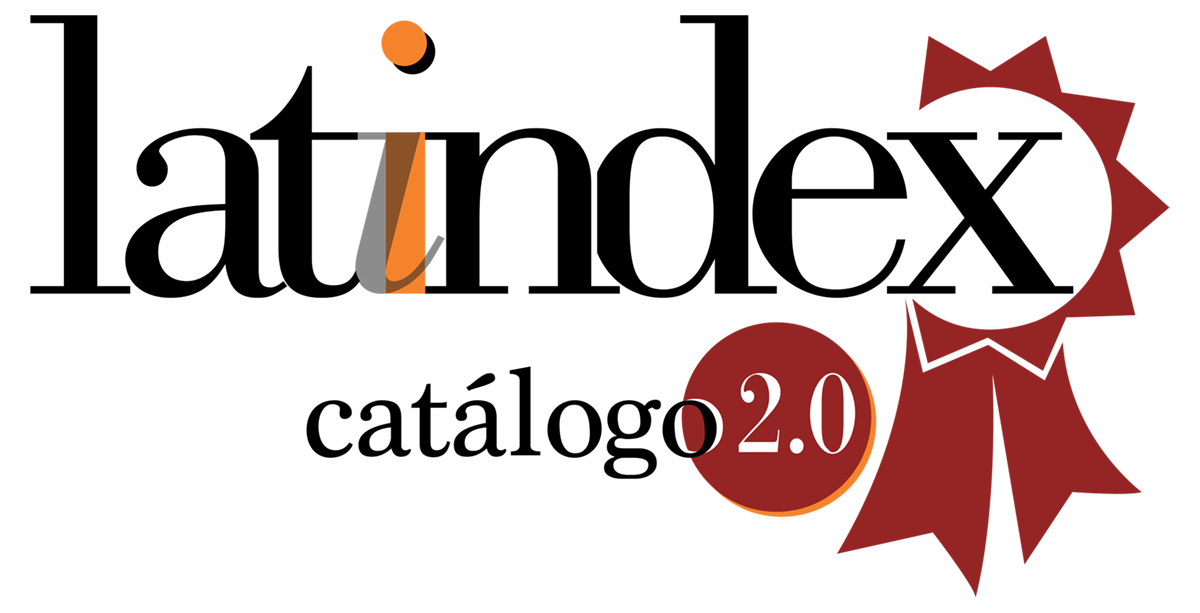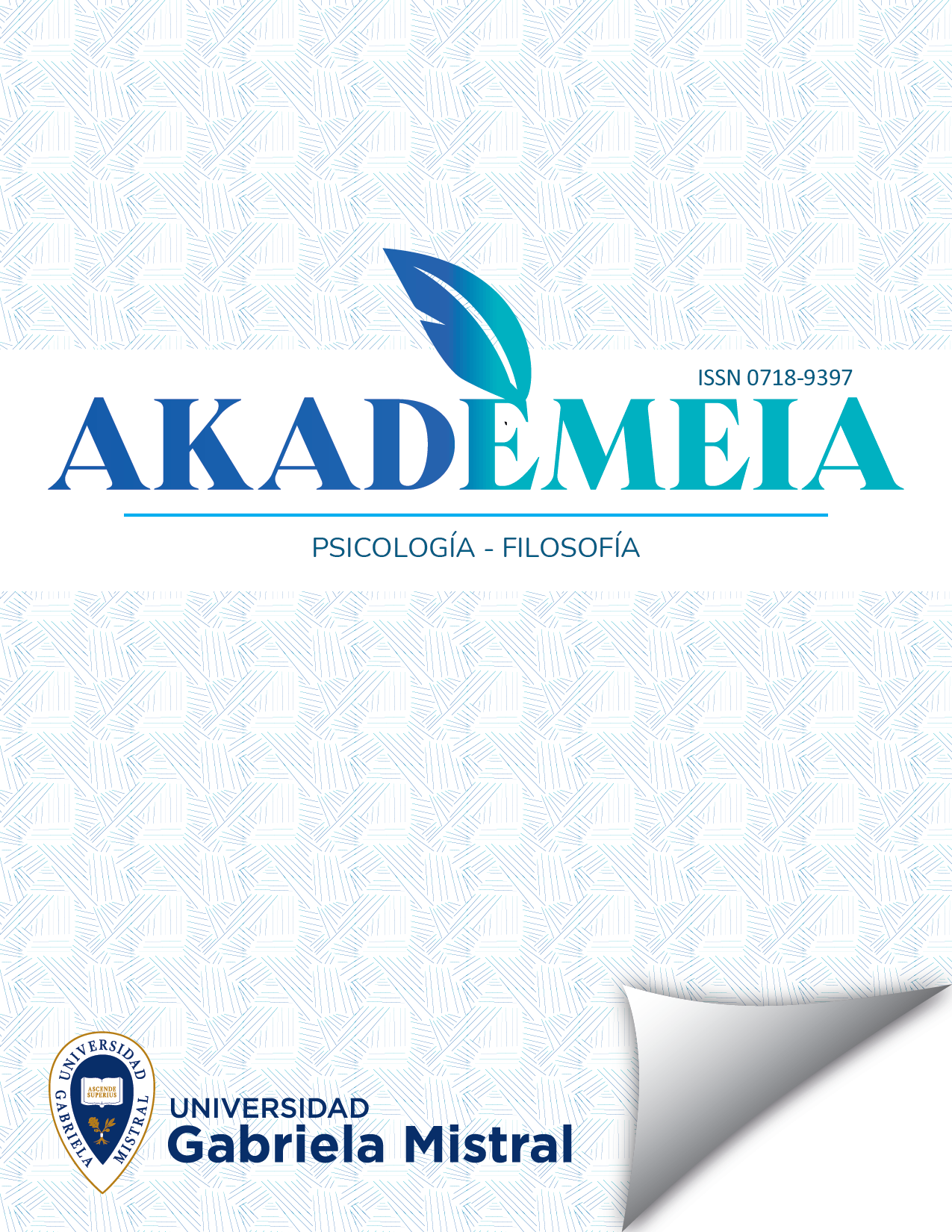The social constitution of psychopathology: an historic and philosophical review about the different approaches to study the psychic suffering
DOI:
https://doi.org/10.61144/0718-9397.2023.557Abstract
The main objective of this paper is to elaborate a philosophical review about the three approaches through which the psychic suffering has been described in the West history, i.e., the concepts of madness, mental illness, and psychopathology. To achieve this aim, the paper has four parts. Firstly, through an exegesis of Michel Foucault’s philosophical propose, we will establish that the appearance of the modern notion of madness reveals the social dimension that is typical of this way to describe psychic suffering. Secondly, and from a description of the emergence of psychiatry in the 19th century, we will analyze the two great transformations the concept of madness through the appearance of the naturalistic notion of mental illness, and the irruption of mental disorder’ concept (psychopathology). Thirdly, and in the light of a reading of the constructivist approach of antipsychiatry and ethnopsychiatry, we will establish that the notions of illness and mental disorder, as heirs of the modern notion of madness, are permeated by a certain dimension of social orthopedics. Finally, and considering the phenomenological approach, we will propose a holistic understanding of psychic suffering that, taking precautions against the disciplinary dimension of the three concepts studied in the paper, allow to think about this kind of experience in all its complexity.
How to Cite
License
Copyright (c) 2023 Bryan Francisco Zúñiga Iturra

This work is licensed under a Creative Commons Attribution-NonCommercial-NoDerivatives 4.0 International License.
Los autores/as conservarán sus derechos de autor y garantizarán a la revista el derecho de primera publicación de su obra, el cual estará simultáneamente sujeto a la Licencia de reconocimiento de Creative Commons (CC BY-NC-ND) 4.0 que permite a terceros compartir la obra siempre que se indique su autor y se comparta el documento, en formato pdf y con la paginación del número original, a través del que este ha sido publicado por la revista. Siguiendo las definiciones establecidas por la licencia (ver: https://creativecommons.org/licenses/by-nc-nd/4.0/deed.es) los números de la revistas seguirán los siguientes términos:
-
Atribución — Usted debe dar crédito de manera adecuada, brindar un enlace a la licencia, e indicar si se han realizado cambios. Puede hacerlo en cualquier forma razonable, pero no de forma tal que sugiera que usted o su uso tienen el apoyo de la licenciante.
-
No Comercial — Usted no puede hacer uso del material con propósitos comerciales.
-
Sin Derivadas — Si remezcla, transforma o crea a partir del material, no podrá distribuir el material modificado.
- No hay restricciones adicionales — No puede aplicar términos legales ni medidas tecnológicas que restrinjan legalmente a otras a hacer cualquier uso permitido por la licencia.












